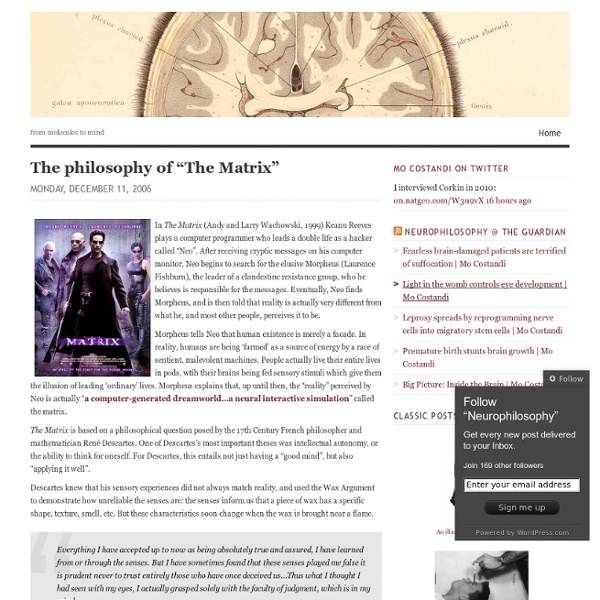Le mythe de l’intraduisible
La philosophie, c’est du lourd. Non pas seulement parce que le style de nombre de grands philosophes, comme Aristote, Kant ou Hegel, pour ne nommer qu’eux, est tout sauf léger, mais aussi parce que chacun de leurs mots est supposé être lourd de sens, et s’alourdir encore avec le temps. Plus on remonte aux origines, plus les concepts sont recouverts de significations accumulées comme des mousses sur les vieilles pierres. La traduction du grec au latin, puis du grec à l’arabe, puis de là du latin aux langues européennes, est grosse de toute l’histoire de la philosophie.
Meditation-Induced Near-Death Experiences
Method Participants Each participant of study 1 underwent one SSI that corresponded to their first MI-NDE of year 1 (or of year 2 or 3 in the event the participant was unavailable to complete the SSI in year 1). Procedure Participants were requested to contact the research team as soon as possible after having completed an MI-NDE practice. An SSI was then conducted in which participants were asked a series of questions about their experience.
The Biology of Belief: Here's How to Change Your Reality
"So many of us are leading limited lives not because we have to but because we think we have to." Many people believe they are who they are, and that they have limited means to change their health or life direction. "It is what it is," they say, "because of my genetic makeup". Well, maybe not. What does this mean, "we think we have to"? According to Dr.
Perceptual adaptation
Perceptual adaptation is a unique function of the brain that accounts for the differences viewed in the world, as it relates to the senses. This phenomenon occurs in all senses, including vision, hearing, touch, and smell. An example is when images sensed through the eyes are relayed to the visual cortex of the brain, and if vision is altered slightly, the brain accounts for the difference and will allow one to perceive the world as "normal."
Incorporating Philosophy in Every Psychology Course and Why it Matters
Psychology undergraduate students often have the notion that philosophy is dead and gone. I say this because many of these same students have overtly voiced this view when I have attempted to introduce philosophical concepts at the beginning of a Theories of Personality Course. They are Psychology Majors, after all, the students explain, and they often wonder out loud what we might be doing exploring various philosophical assumptions at the beginning of a Personality course. In this particular course, I often begin with an examination of Aristotle’s four causes, and in many cases, the student response is to ask pointedly, “Aristotle? Who is he, again?
10 Amazing Examples of Mind Over Matter
Humans While we often think of our bodies and minds as two distinct entities, it turns out they are much more entwined than we might assume. Researchers are continually finding evidence that the brain has a distinct power to manipulate the body’s physiology. As these 10 examples show, the mind/body connection can work in our favor or detriment, depending on our knowledge of a situation and our ability to control our thoughts. Judging by their ability to meditate for hours on end, to abstain from food for days, and their vows of silence, most us would agree that Tibetan Monks have better control over their minds and bodies than the average person. Still, what’s particularly amazing is some of them can control physiological processes, such as blood pressure and body temperature – feats many medical doctors find astounding.
Humans Have a Lot More Than Five Senses
Today I found out humans have a lot more than five senses. It turns out, there are at least nine senses and most researchers think there are more like twenty-one or so. Just for reference, the commonly held definition of a “sense” is “any system that consists of a group of sensory cell types that respond to a specific physical phenomenon and that corresponds to a particular group of regions within the brain where the signals are received and interpreted.” The commonly held human senses are as follows:
Reminiscence bump explanations: Why we remember young adulthood better than any other age
YanLev/iStockphoto/Thinkstock. Twentysomethings are having a moment. They’re inspiring self-help guides (see Meg Jay’s The Defining Decade: Why Your Twenties Matter—And How To Make the Most of Them Now), hit television shows, Tumblrs-turned-handbooks, and lyrical New Yorker think pieces. What is it about twentysomethings? Robin Henig asked in the New York Times Magazine not too long ago. In part, she was talking about the current crop of young adults.



